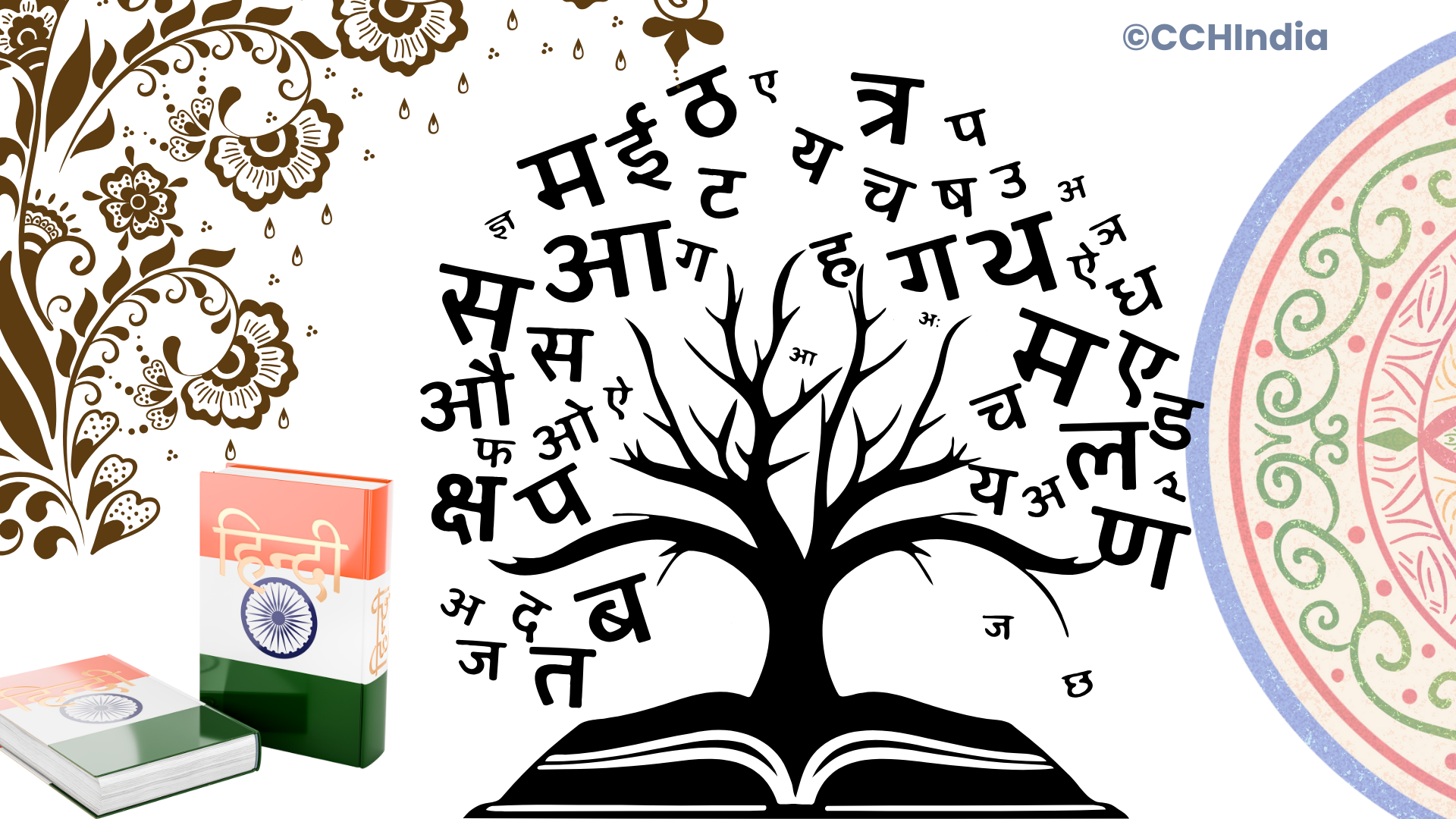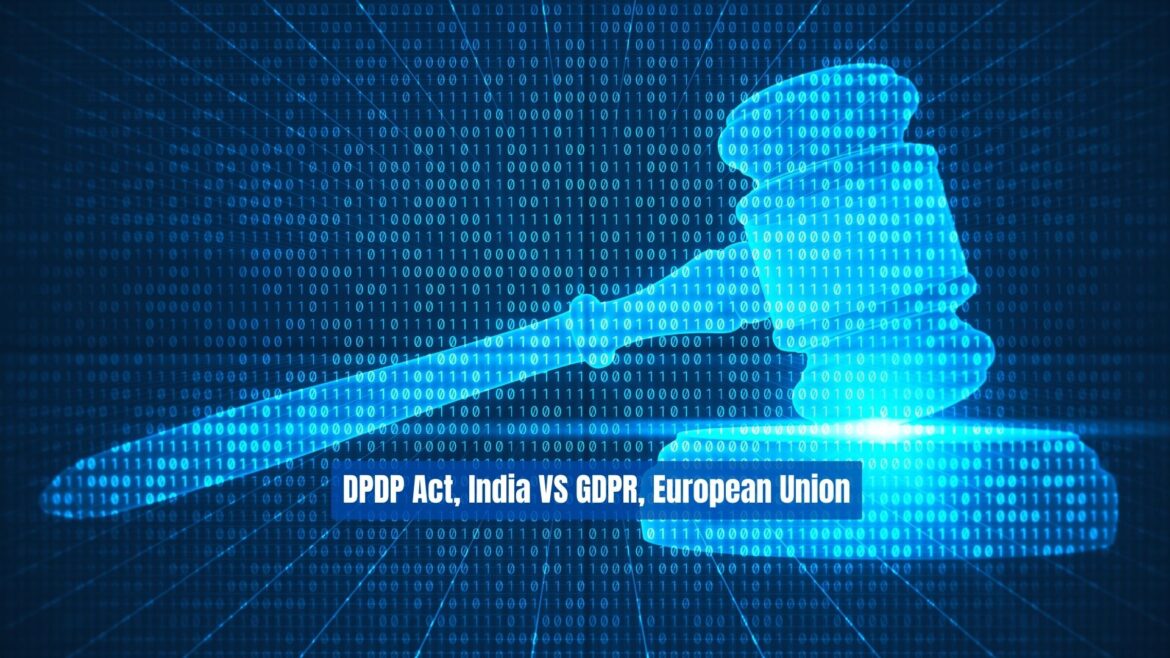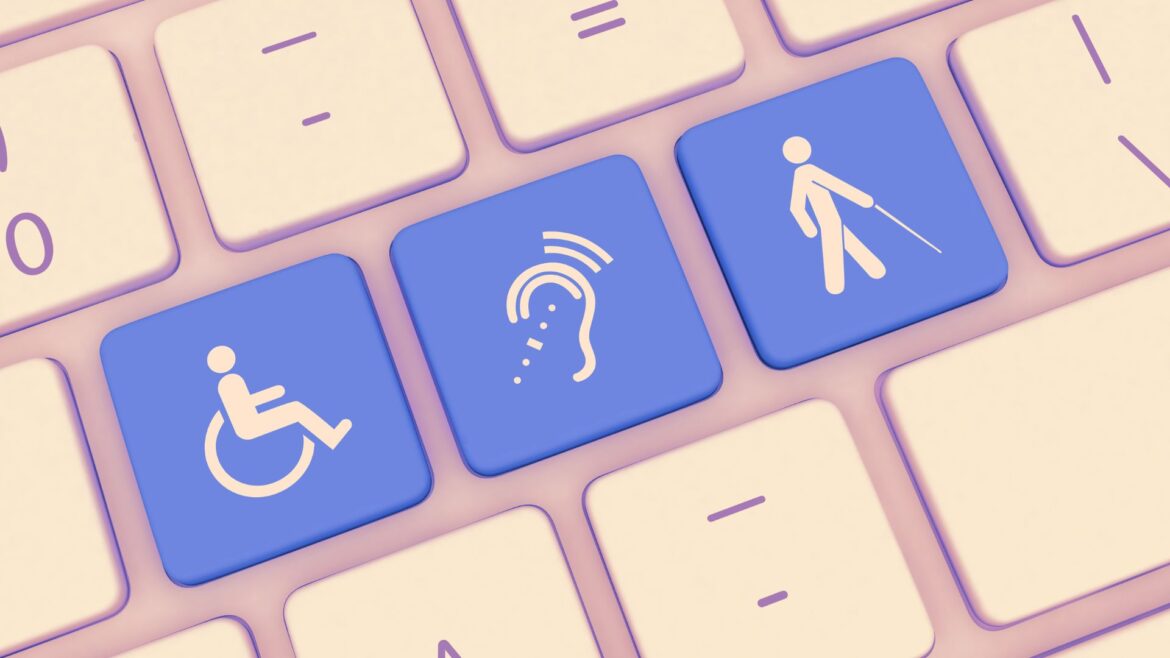Beyond the Ballot Box: Digital Campaigning to Citizen-led Online Movements are Reshaping Democracy
Explore how digital campaigning, social media protests, and online citizen movements are rewriting the rules of democracy far beyond election day.

Airtel’s new AI-powered call protection system is revolutionizing India’s fight against scam calls. Learn how this breakthrough technology detects fraud, protects users, and is reshaping telecom security in 2025.
Table of contents [Show]
We’ve all been there — a random number flashes on your screen, and a voice says, “Sir, your bank account will be blocked” or “You’ve won a ₹10 lakh prize.”
Scam calls have become an everyday menace in India. As per TRAI’s 2024 data, users faced over 8 billion spam and scam calls, leading to thousands of fraud cases annually.
But now, Airtel’s AI is fighting back, and the tables are turning.
In early 2025, Bharti Airtel introduced Airtel Call Protect AI, a smart security layer built using machine learning, NLP, and real-time call analysis.
Before you even say “Hello,” the system quietly checks:
In a split second, it can block, flag, or allow the call — giving users a seamless shield against fraudsters.
Airtel’s AI runs on four main engines:
This isn’t just a static filter — it’s a self-evolving digital guard that keeps improving with every new threat.
Since rollout, Airtel users have reported a 60% drop in scam call complaints. Banks and fintech companies have also noticed fewer fraud incidents.
Scammers, realizing the system’s strength, are now shifting toward SMS and WhatsApp — proof that the AI is working.
The company’s next goal? AI-driven SMS filtering and voice verification for sensitive transactions.
Scam calls were quietly eroding trust in India’s digital ecosystem. By deploying advanced AI, Airtel is rebuilding that trust — ensuring users feel secure using online banking, UPI, and digital services.
This move aligns perfectly with Digital India and Cyber Surakshit Bharat, proving how private telecom giants can safeguard citizens in the digital era.
For years, scammers exploited the weakest link — human trust.
Now, Airtel’s AI is fighting back with intelligence, speed, and precision.
It’s not just blocking calls; it’s restoring confidence in India’s digital future. And one thing’s clear — while scammers may adapt, Airtel’s AI learns faster.

Explore how digital campaigning, social media protests, and online citizen movements are rewriting the rules of democracy far beyond election day.

Discover how Hindi is finding its voice online, from memes and YouTube to AI tools and global tech spaces, reshaping the way we connect and communicate.

The Digital Personal Data Protection Act, 2023 (DPDP Act) in India and the General Data Protection Regulation (GDPR) in the European Union share several similarities in their goals and principles but also have key differences.

Web accessibility is important in a country like India with the population of 1.4 billion. With the vast population comes the diverse needs to access web and technology. It is important to look at the special needs of the people and drive inclusion.

